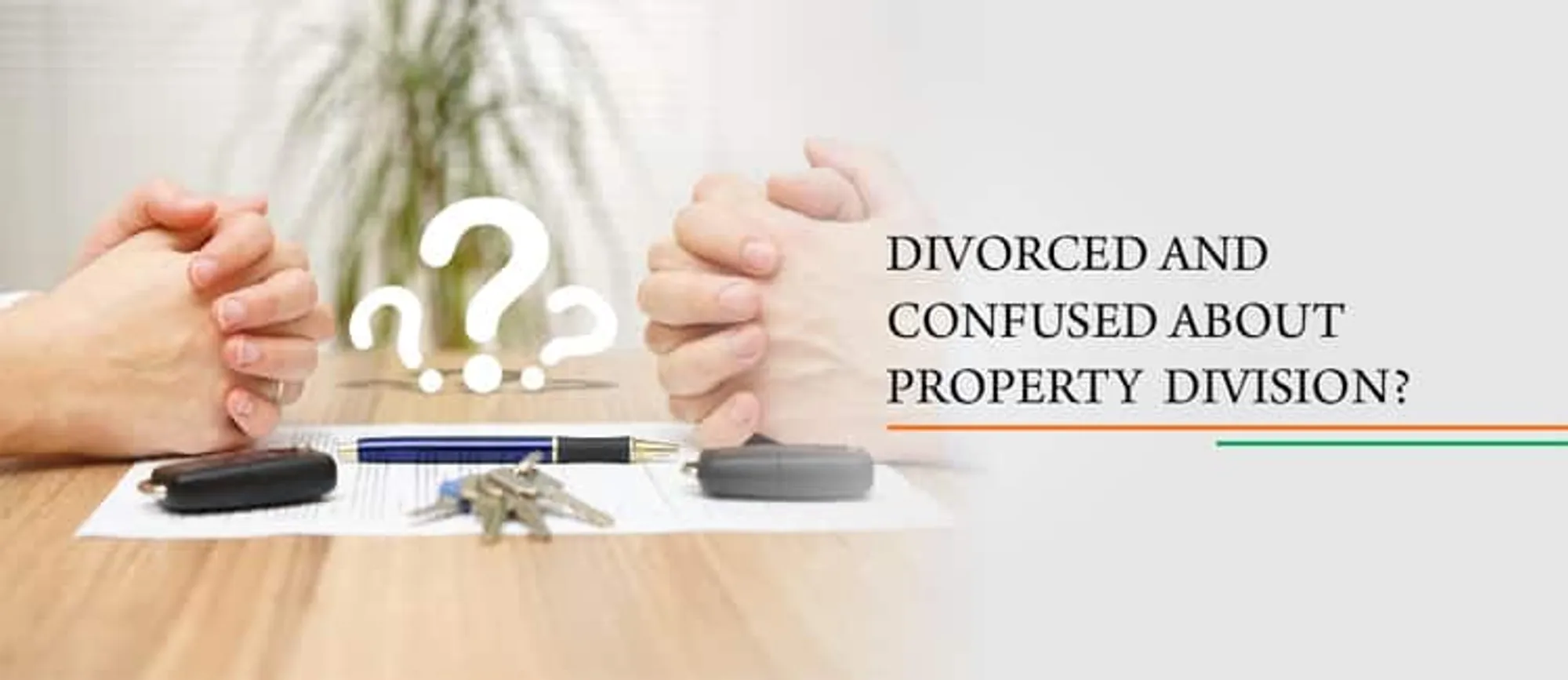Table of Contents
Know more about the impact of divorce on Joint Ownership of Property
We have had many NRI cases of one or both spouses seeking our services because there were property issues to be settled. We generally advise people to go about it in an amicable manner.
Joint ownership is an option favoured to reduce the burden of several financial and legal obligations that are required to be met during the purchase of the estate. The ownership may be distributed among friends, relatives and most commonly between spouses. There are numerous pros and cons of such a type of possession.
Benefits of Joint Ownership of Property with spouse
- Easy Affordability: When ownership is shared between spouses, it becomes much more feasible to get home loans as in that case two sources of income are considered.
- Easy Transfer of Assets: Joint ownership of property reduces the hassles and complications associated with the transfer of assets after the demise of one of the owners.
- Taxation: The co-owners enjoy the benefit of tax deduction in case of shared possession of the property if they have valid and separate sources of income.
- Low Stamp Duty: The rate of stamp duty is much lower for women owning a property solely or jointly.
Problems associated with shared possession of assets
- Legal Dispute: All the co-owners are liable if a conflict arises even if it is because of one of the owners.
- Divorce or personal conflicts: It becomes cumbersome to decide how the property will be distributed between spouses post divorce.
- Home Loan: In the case of any unprecedented event such as divorce, demise, loss of employment or any other severe medical condition, the co-owners become liable to repay the loan on time. The terms of payment of joint loan should be discussed beforehand to avoid such disputes.
How does somebody settle Joint Ownership of Property at the time of divorce?

When a couple files for divorce, property division can be a major issue. There are many ways to handle this:
- The mortgaged property can be sold to repay the loan. The excess of the amount can be then distributed mutually.
- One partner can take over the ownership entirely by settling the share owned by the partner.
- Remove one of the parties’ names from the loan account by letting the lending institution to assess the situation and the capability of the other party to repay the loan.
Though contingencies like divorce can never be known beforehand and no one would ever intentionally go through these, it is imperative for the couples to seek legal advice from experts before entering any contract of joint ownership.

